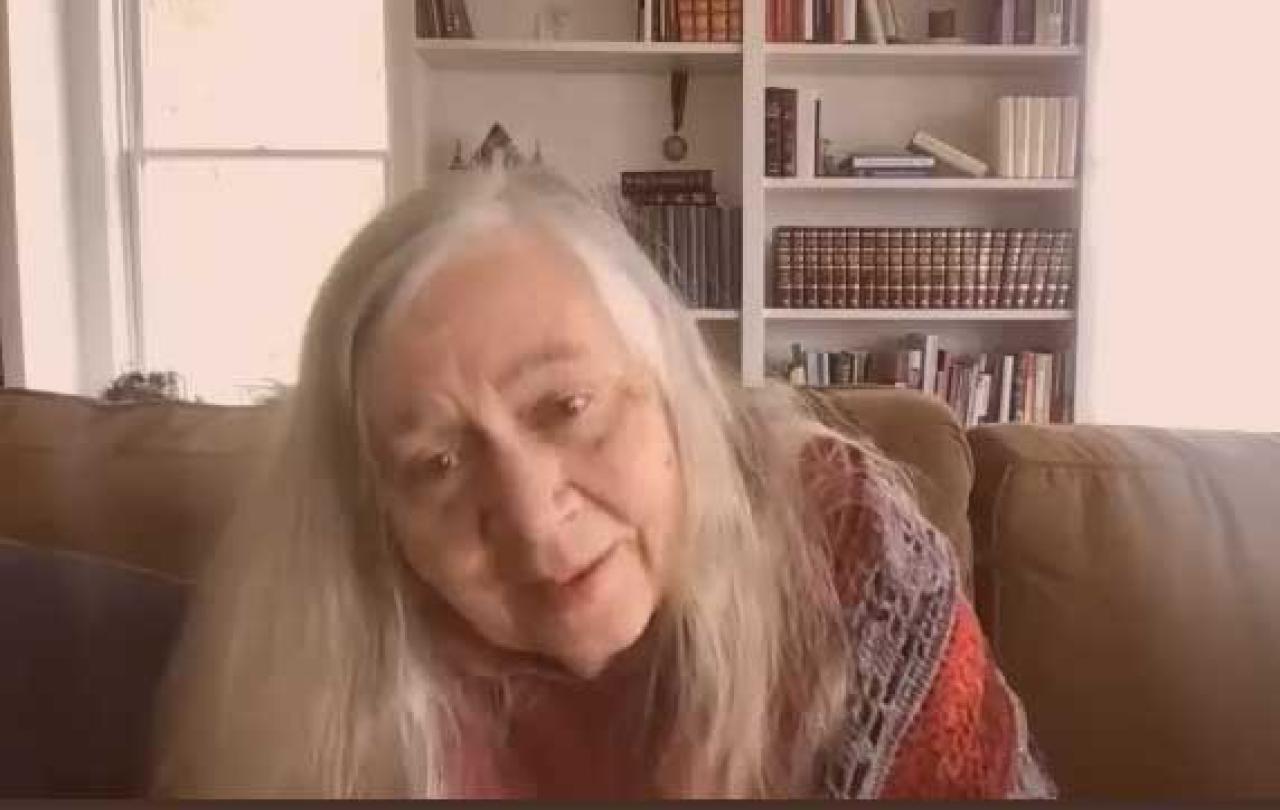
We’re wrapping up the year reviewing what articles were most popular with Seen & Unseen readers. Our first analysis is of Bishop Graham Tomlin’s takes on the year’s events. What did our editor-in-chief write about?
2024 was billed as the year of elections, so it’s no surprise to see two takes on the US presidential election. And back in the United Kingdom, Graham also commented on the age old tension between politicians and clerics. Public scandals also caught his eye, from the injustice meted out by the Post Office, to the pure evil of abuse.
Away from the politics of the public realm, Graham explored the perennial themes of the sacred and secular views of the world. However, this year, he also wrote on paganism. If your first image that comes to mind is of ancient cultures, think again. And in the very personal realm of belief, Graham’s take on Prince William’s doubts
Finally, could a 2024 review not mention podcasts? As a scholar of theologian Martin Luther, Graham, of course had views on The Rest is History’s episode about Luther – The Rest is Luther...
In reverse order...
10 - Did God tell Joe Biden to stand down?
His story teaches us to listen a little more intently to what comes our way.
Explore more articles on themes in this article: Ageing, Politics, Providence.
9 - The Church and the State need to disagree on asylum seekers
Politicians don’t always get how church and state relate, but both have a vital and different role to play when it comes to immigration.
The Church and the State need to disagree on asylum seekers | Seen & Unseen
Explore more articles on themes in this article: Church and state, Politics.
6 - John Smyth: how evil masks itself as goodness
Be alert to the cloaked and warped wherever it occurs.
Explore more articles on themes in this article: Creed.
5 - Did God save Donald Trump?
In the aftermath of the assassination attempt, Graham Tomlin asks whether or not we can see the hand of God in it.
Did God save Donald Trump? | Seen & Unseen
Explore more articles on themes in this article: Belief, Death & Life, Politics, Providence.
4 - The difference between Richard Dawkins and Ayaan Hirsi Ali
How we decide what is true rests on where we start from.
Explore more articles on themes in this article: Atheism, Belief, Epistemology.
3 - God in the garbage: Egypt's unlikely megachurch
Cairo's Church of the Zabballeen is the largest Church, and one of the most unusual in the Middle East. Graham Tomlin tells its story and that of the remarkable priest who inspired it.
Explore more articles on themes in this article: Coptic Church, Identity, Middle East.
2 - The Rest is Luther
Did 'The Rest is History' get Luther right? Graham Tomlin gives his verdict
Explore more articles on themes in this article: Creed, Faith, Justification.
0 - A history of Israel and Palestine – 4,000 years of history in 2,500 words
First published in late 2023, this analysis remains the most popular Seen & Unseen article to date.
The land at the heart of the Middle Eastern crisis is at the centre of world attention again. For those whose grasp on the history behind the situation is hazy, Graham Tomlin offers a brief survey.
Explore more articles on themes in this article: Gaza, Israel, Middle East, Old Testament, War & Peace.
Join with us - Behind the Seen
Seen & Unseen is free for everyone and is made possible through the generosity of our amazing community of supporters.
If you’re enjoying Seen & Unseen, would you consider making a gift towards our work?
Alongside other benefits (book discounts etc.), you’ll receive an extra fortnightly email from me sharing what I’m reading and my reflections on the ideas that are shaping our times.
Graham Tomlin
Editor-in-Chief





